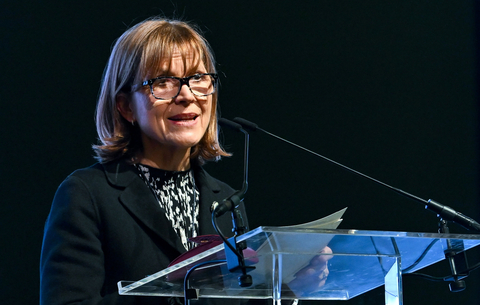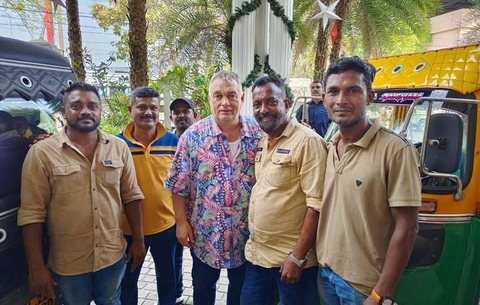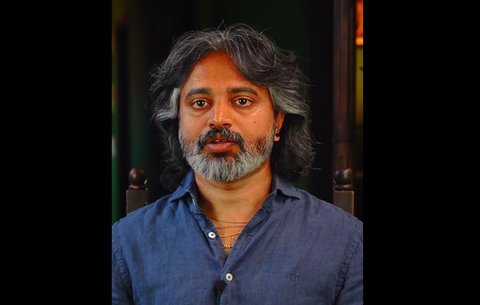Ugly rumours
Horror stories and urban legends, spread by text message and e-mail, have become a feature of modern political campaigns.
A trawl through the Open Society Archive's collection from this year's election yields plenty of examples. "Huge story tomorrow in the Nemzet. Ibolya's being blackmailed. Her son has been arrested in Australia for drugs dealing. The government's brought him home, he's here, and they're covering it up." Another reads: "Ibolya David's husband won a HUF1bn contract from the Socialists. Her children's foreign scholarships are paid for by Tom Lantos, and Soros is paying for the MDF's campaign."
These kinds of messages, designed to influence voters, are regarded by specialists as urban legends. The journalists Ivan Marinov, Andras Dezso, and Attila Pal have collected several such urban legends and have written about them in a new book, Legend Hunting, published by HVG Press. They describe these text message and e-mail urban legends as "stories that are seemingly credible, often based on a degree of truth, but which really stem from the public's collective imagination."
One of the first such urban legends in Hungarian political folkore referred to the so-called Rozsadomb pact. The story first appeared in the 1994 campaign, and it has since spread before every election. In Legend Hunting, the authors report the latest version of the story. It runs: "In a Buda villa in 1989, the general of the departing Soviet army, a KGB colonel, a CIA officer, a Mossad agent, delegates from the Hungarian Catholic Church and the Hungarian Jewish Community and five leading Hungarian politicians met. In the name of the Hungarian people, they wrote a document that placed restrictions on the rebuilding of a free Hungary. It was agreed that the Soviet occupiers would depart, but they would need to pay a high price, placing restrictions on the right wing and by offering immunity to prominent figures in the Socialist regime. The pact was signed by Jozsef Antall, Peter Boross, Arpad Goncz, Gyula Horn, Laszlo Paskai, Ivan Peto and Gusztav Zoltai, head of the Jewish Community Association." All concerned have naturally dismissed any suggestion of such an agreement ever having been reached.
In a 2002 study, the sociologists Miklos Sukosd and Endre Danyi wrote that that e-mail and text messages are good conduits for this kind of story, since they have taken part of the role of live speech. Short text messages may be dry, but the message is still clear. "When you wrote, make sure there is a stamp on the ballot paper. If there isn't, ask for one, because without it your vote isn't valid. Pass it on!"
This call for vigilance first spread from mobile to mobile over the days before the second round of the 2002 elections. Another chain text from the same period read: "Before he appears on stage, Medgessy gets a brain-boosting injection. Medical students take the same thing before their exams. And he's going to represent Hungary."
Once such a chain letter arrives, there is no limit to the extent that it can be touched up. Curiously, in Hungary, Socialist messages pass mainly by e-mail, while Fidesz messages are mostly sent by text. In 2002, the wires hummed with messages justifying the Bokros economic reform package, as well as a horror story. In the horror story, an 80-year-old woman asked journalists to write about her story. "My son's family no longer visit me. They have stopped me seeing my two grandchildren, because I voted for the Socialists." The writer adds: "I am speechless. I take her hand, which is thin and soft, just like my grandmother's." The woman asks if it will pass. "Yes," the writer responds.









